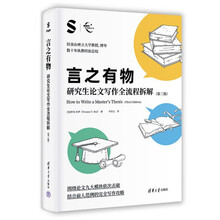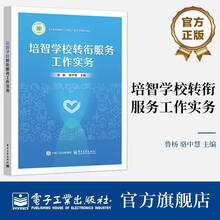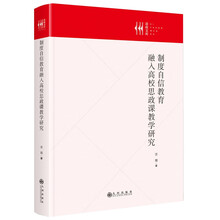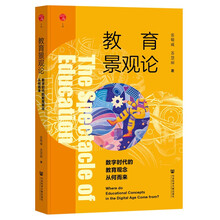中文概要
Abstract
List of Figures
List of Tables
Chapter One: Background
Background of the Problem
Statement of the Purpose
Research Questions
Key Terms
Summary and Overview
Chapter Two: Review of Literature
Social Constructivist Perspectives on Teaching and Learning
Scaffolding
Engagement in Historical Empathy
Discussion in Social Studies Classrooms
Teacher Questioning
Classroom Discourse, Learning Relationships, and Student Agency
Summary
Chapter Three: Method
Participants and Settings
Research Design
Research Rigor
Summary
Chapter Four: Results & Findings
Research Question 1 : What learning relationships were created by the teachers across the group to coordinate student participation?
Research Question 2 : What questioning strategies did the teachers use to help their students with their argumentation?
Research Question 3 : How did the teachers attempt to encourage students to address different perspectives'?
Research Question 4 : Given the data, what discourse strategies can be characterized as the teachers' attempts to cultivate caring in their students?
Summary
Chapter Five: Discussion & Conclusion
A Review of Findings
A Discussion of Scaffolding Caring as Empathy in Deliberation
Comparison and Contrast between Deliberative Discussion and Socratic Discussion
Implications of the Study
Limitations of the Study
Future Directions for Research
Conclusion
References
Footnotes
Appendix A: PIH Project prelesson interview questions
Appendix B: PIH Project postlesson interview questions
Appendix C: Transcription conventions
展开










